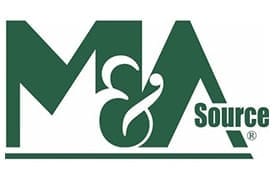As a brewer or distiller, you might be so busy working on your product that you’re not thinking about what your business is worth right now. You may not even have sold a single drop of bourbon yet, so how do you place a value on the company in its early stages?
The alcohol business is unique in that it attracts two kinds of buyers, who may be interested at almost any stage of the company’s growth. The first buyer is the entrepreneur, the established business owner who is looking for an acquisition with a specific goal in mind. It might be to expand to a new market, expand their product offerings, or acquire distribution channels. Whatever the reason, these strategic buyers are paying close attention to the value of the company.
They look carefully at the financials and the team in place (the brewmaster or distiller whose skill might be the key to the brand’s flavor and quality, for example.) They are placing an educated bet on the business, determining whether it will be profitable enough in the future to stay in business and cover the cost of the debt the buyer had to incur.
The other buyer is a different breed altogether. The enthusiast wants to get into the business because they love the lifestyle, the product, and the customer base they will connect with. These buyers aren’t as concerned about making the numbers work (although the business must be viable to survive); they’re concerned about the quality of the product and the brand’s value in the market. I’ve not done any hard research, but my experience tells me that the buyers for your business are split evenly between these two groups. And you should be ready for them if they call.
When I sold my first company, back in the 90s, I was not. I had a profitable mail-order vitamin business grossing about $450,000 a year. One day, someone literally knocked on my office door and offered to buy the business. Up to that minute, I had never considered selling the company, let alone valuing it. He offered me what sounded like an enormous amount of money; I took his offer without thinking it through too much. After all, I was young and had built one successful company already – I could always start over and do it again.
In hindsight, I wish I’d known then what I know now; it’s part of the reason I became a broker. I understand how to value a company based on financial factors, and I know how to attract the right buyers so an owner gets the best selling price for his company. (Spoiler alert: having one bidder who takes you by surprise is a recipe for leaving plenty of money on the table.)
Having an experienced business broker evaluate your company is important because owners naturally consider blood, sweat, and tears when talking about the value of what they’ve built. On the other hand, buyers (mostly) care only about cash flow, profitability, and potential for growth.
Even if you’re not thinking about selling in the near future, understanding what your company is worth will still help you position yourself for growth or for the unexpected. You may need an infusion of capital; you may be forced to sell because of health or other life changes. Or someone could knock on the door and make you an offer.
It pays to talk with your financial advisor, your family, and your partners about what your walk-away number might be, especially if your company’s sale will be funding your retirement. It also pays to have your company’s financials and other records in good order so you can respond to an opportunity quickly and efficiently when one comes up.
I offer a complimentary and confidential opinion of value. Click here to begin.
About the author:

He has been an entrepreneur and business owner for more than thirty years. As a spirits and beer specific business broker, he is uniquely positioned to draw on this experience and help others retire or pursue other interests. He takes great pride in his concierge approach, which ensures a smooth transaction and lucrative exit.






